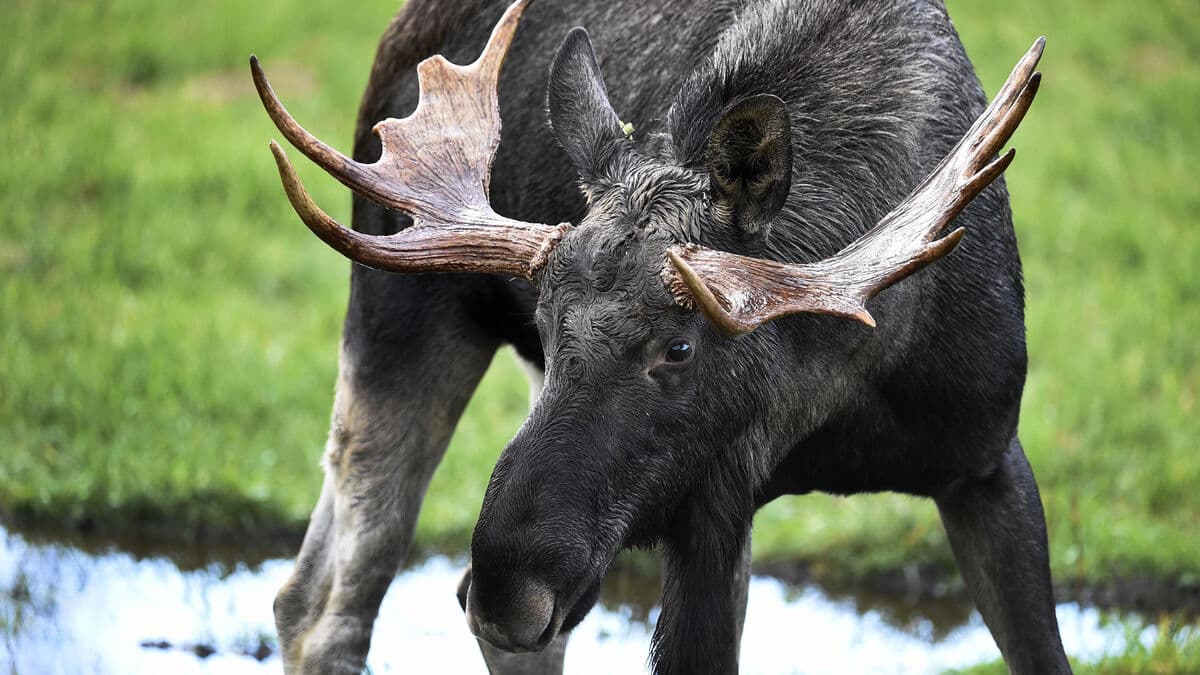Crossbreeds have increased significantly in popularity, partly due to a belief that they are healthier than their parent breeds – which are said to be inbred.
9,402 dogs have been included in the study from the Royal Veterinary College in London. The researchers have focused on the most popular crossbreeds cockerpoo, labradoodle, and cavapoo, and the original breeds cocker spaniel, labrador retriever, cavalier king charles spaniel, and poodles in three sizes. The researchers have looked at the 57 most common diseases.
In 86.6 percent of disease comparisons, there was no difference between the crossbreeds and their parent breeds. Among the diseases where there were differences, the crossbreeds had a higher risk in 7 percent and a lower risk in 6.4 percent.
The risk of stomach problems, such as vomiting and diarrhea, was greater in poodle crossbreeds than in purebred poodles. At the same time, there were fewer dogs of the breeds labradoodle and cockerpoo that had knee problems than the purebred poodles.
"The study shows that even if the health of poodle crossbreeds is not worse than that of their parent breeds, it is not better either," notes Dr. Rowena Packer, who led the study.
Crossbreeds cavapoo, cockerpoo, and labradoodle have quickly become popular in Sweden as well.
In 2019, there were 367 cavapoos registered with the Board of Agriculture. In 2023, the figure was 2,181.
Cockerpoo increased from 1,395 registered in 2019 to 4,177 in 2023.
The most popular poodle crossbreed labradoodle has increased from 1,421 registered in 2019 to 5,038 in 2023.
Source: Board of Agriculture






